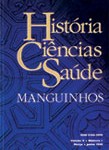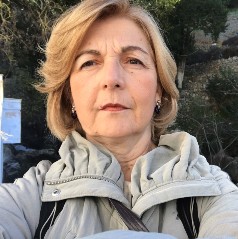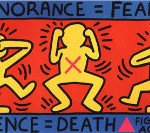December 2022
The two decades of history of the Graduate Program in History of Sciences and Health (PPGHCS) at Casa de Oswaldo Cruz (COC/Fiocruz) are highlighted in the new edition of the journal HCS-Manguinhos. In addition to being the subject of the guest editor’s letter, written by the researcher and current president of the Oswaldo Cruz Foundation, Nísia Trindade Lima, the anniversary of the PPGHCS is also the subject of an interview with the professor emeritus of the Pontifical Catholic University of Rio de Janeiro (PUC-Rio ) Margarida de Souza Neves. This issue (HCSM n4, vol 29, October/December 2022) is available on the SciELO portal.
Researcher at Casa de Oswaldo Cruz and director of the unit during the creation of the PPGHCS, in 2001, the current president of Fiocruz, Nísia Trindade Lima, recalls the creation of COC/Fiocruz, in 1985, and the advent of the journal HCS-Manguinhos, in 1994, as fundamental antecedents for the institutionalization of the field of history of sciences and health over the last few decades.
“In celebrating the 21 years of the PPGHCS at Casa de Oswaldo Cruz, we note that these original challenges are still present and even more urgent. This is not a matter of understanding history like a life coach and seeking lessons from the past. Instead, it is an affirmation of the absolutely essential nature of the historian’s position so that society can broaden its perspective on the analysis of social processes”, states Nísia in her letter.
The two-decade anniversary of the PPGHCS is also celebrated in an interview in the Testimony section with the emeritus professor at PUC-Rio, Margarida de Souza Neves, conducted by researchers and professors Kaori Kodama, Maria Rachel Fróes da Fonseca, Gilberto Hochman and Luiz Otávio Ferreira. Guida, as she prefers to be called by students and friends, played a fundamental role in the creation of the PPGHCS, helping to shape the proposal for a new course with the Brazilian Coordination for Development of Higher Education Personnel (Coordenação de Aperfeiçoamento de Pessoal de Nível Superior). She also led the first class at PPGHCS on September 14, 2001, soon after the attacks on the World Trade Center in New York.
According to her, the program “made significant contributions to understanding the history of science and the history of health and diseases as none other than distinct windows to dive deeper into a single, shared history that is the history of culture, of society, which can be entered by different paths”.
This issue also features articles about the development of a national scientific policy in Chile, 1967-1981; The implementation of the eight-hour working day in Spanish pharmacies, 1904-1936; The institutionalization of biology in the British Association for the Advancement of Science, 1866-1894; the Influenza pandemics throughout Brazilian history, and much more.








